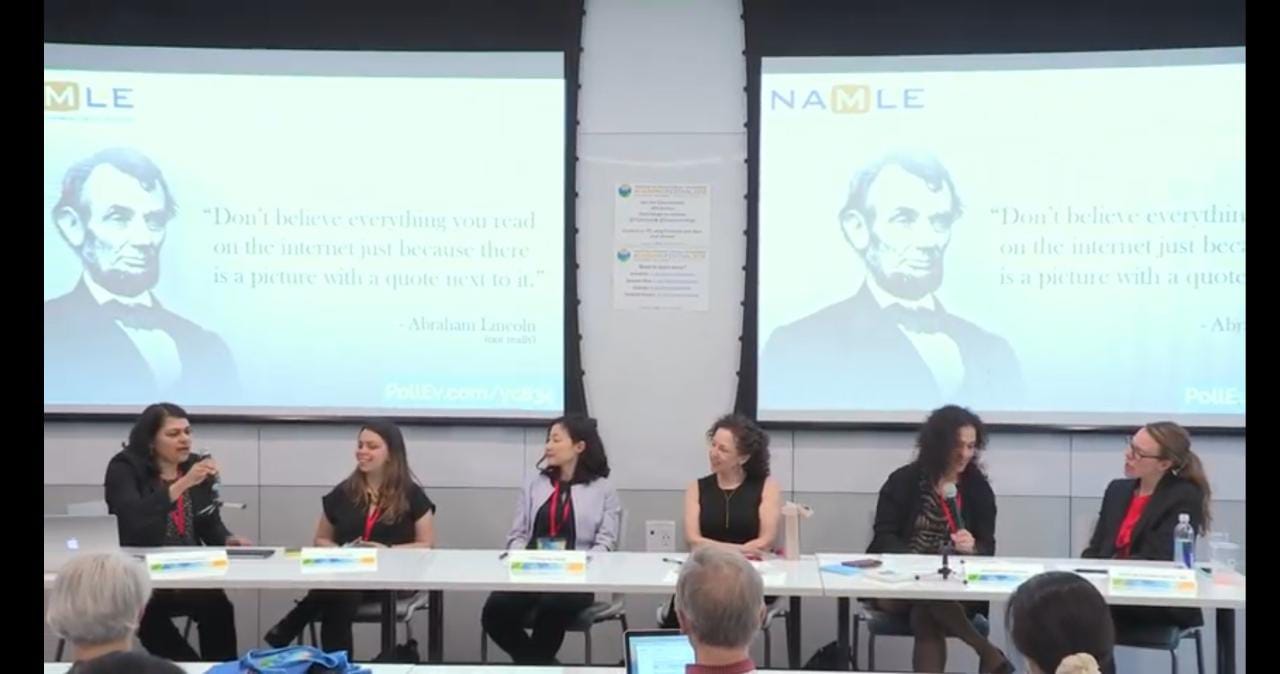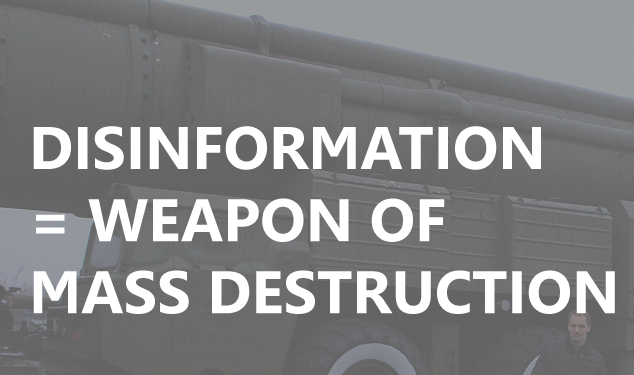Rishika
5:37
5:37
5:44
5:47
5:47
5:50
5:51
5:52
5:55
5:55
5:56
5:58
6:00
6:03
6:06
6:08
6:10
6:11
6:12
6:14
6:19
6:19
Connecting…





